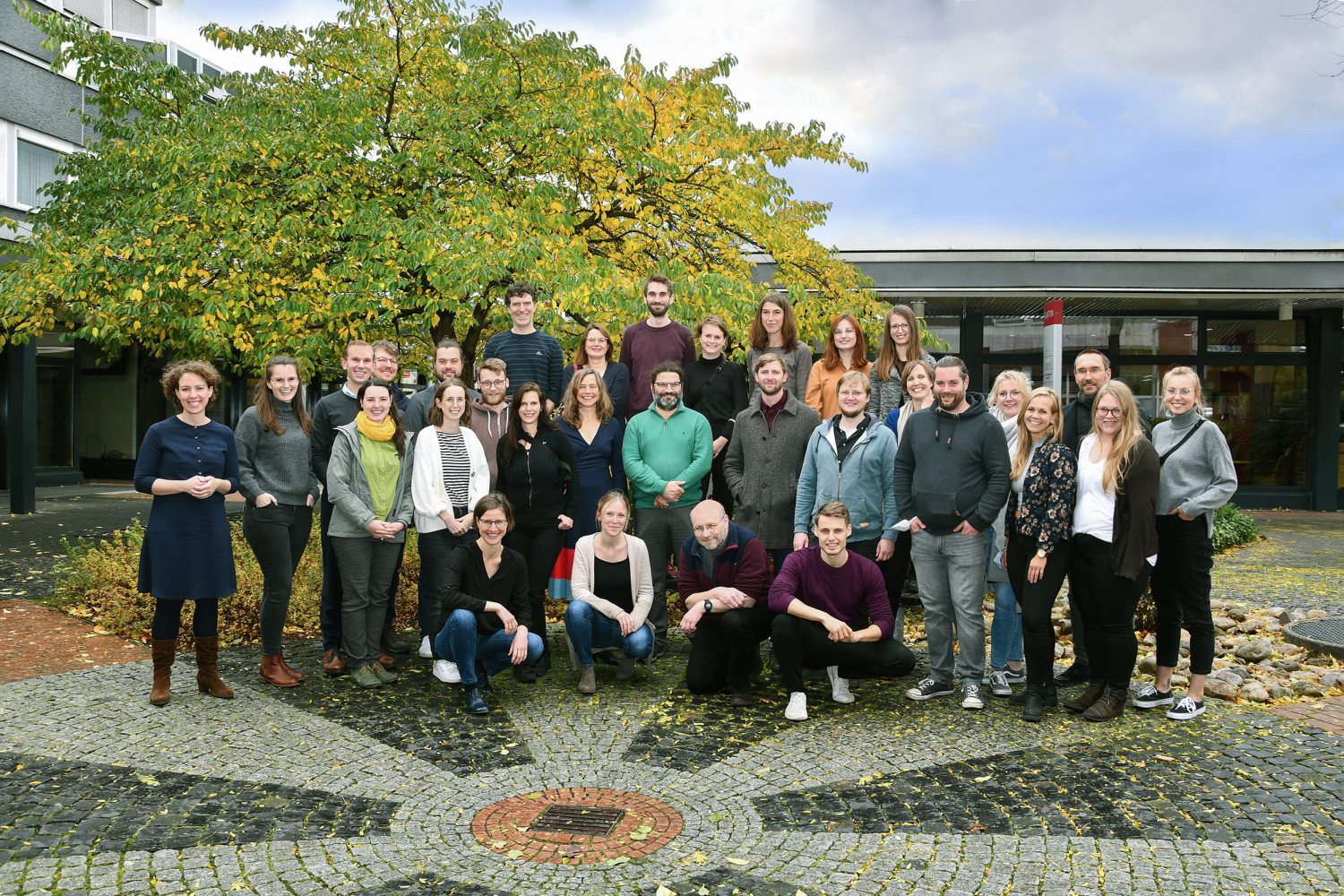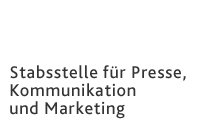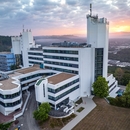Executive Department for
Press, Communication and Marketing
Adolf-Reichwein-Straße 2a Gebäude AVZ (Gebäudeteil AR-NA) 57068 Siegen
Phone: +49 (0)271/740-4915 Fax.: +49 (0)271/740-4911 E-Mail: presse@uni-siegen.de
DFG Extends Siegen Research Training Group
Strong signal for the future of research at the University of Siegen —the German Research Association (DFG) extends funding for the “Folgen sozialer Hilfen” research training group through 2029.
Successfully renewed! The German Research Association (DFG) will be providing an additional four-and-a-half years of funding for the research training group entitled “Zwischen Adressat*innensicht und Wirkungserwartung: Folgen sozialer Hilfen” at the University of Siegen. The research training group, known in German as a Graduiertenkolleg (GRK), is focused on the ‘consequences of social services work’ and was originally established at the university in 2020. The new funding phase will begin in October 2024 and expires in March 2029. Research training groups offer doctoral researchers an opportunity to undertake structured, high-level research and build their qualifications even as they work towards completion of their doctorate. Funding totaling roughly 4.9 million euros will flow to the University of Siegen through 2029. That is sufficient to fund nineteen doctoral researcher spots.
“Funding for doctoral researchers is a core mission for the University of Siegen. The extension of the research training group must thus be understood as a major success for the university, and as a triumph for our many colleagues who contributed outstanding research results through this interdiscipinary team. For this I offer my heartfelt congratulations — and I wish the team much continued success in the new funding phase,” declared University Rector Prof. Dr. Stefanie Reese.
“We are very pleased with the extension of the research training group and the associated opportunity to drive our research forward based around new points of focus,” explains Prof. Chantal Munsch, who has been tapped to serve as spokesperson for the research training group during the second funding phase.
Social services are intended to provide people with better opportunities to participate in and act within society. In the public, political, and scientific areas, there are increasing calls for proof of whether and in what ways such services actually reach their intended targets. Far less attention is paid to the consequences that these services could have beyond its intended destinations. The interdisciplinary nature of the “Folgen sozialer Hilfen” GRK is helpful for getting to deeper insights. The team comprises researchers from social education, psychology, and the media sciences. This collaboration allows for a productive dialogue between the different approaches to impact research.
During the initial phase, the research training group concentrated on how social services work makes its way to the affected and the consequences it can bring with it. The focus was consciously placed on the perspective of the affected. For example, the impact of re-socialization on young prisons, or outreach in disadvantaged city districts, or working with fan communities, and aid to refugees. “During the first phase, we examined the impact of a very wide range of social services work . In the process, we identified a great deal of unintended impacts from that aid. We know little about that to date. For example, when it comes to home schooling, the focus naturally falls on the children, but what about the parents? How do measures to support children and adolescents impact them? In the second phase, we’re going to be focusing on those unintended impacts,” explains Prof. Munsch.
Another focal point for the second phase is on the social contexts within which social services work occurs. “As an example, within society there is today a strong concept of the role that parents should play. If a child from those parents ends up in an institution for youths, then the parents are often accused of failing to live up to their societally expected roles. These social contexts have consequences as well — we generally don’t see it, because we put our attention on the measures that have been taken and the actions of the specialists,” says Prof. Munsch.
Around Germany, the German Research Association is founding 17 new research training groups to further promote early-career academics. Nine research training groups were extended for an additional funding period — including the GRK at the University of Siegen.
Contact:
Prof. Dr. Chantal Munsch (Spokesperson Research Training Group)
Email: chantal.munsch@uni-siegen.de
Tel.: +49 (0) 271 740-2096



